Apple appears to be ridding the App Store of so-called "scammy" apps after multiple media outlets exposed questionable pricing tactics that dupe users into expensive subscriptions.
On Monday, a TechCrunch report named a number of apps that seemingly manipulate Apple's subscription pricing mechanism to the disadvantage of users.
In many cases, "scammers" take advantage of Apple's subscription mechanism, which allows developers to provide free trials that automatically convert to monthly agreements. Specifically, unscrupulous app makers are using a "dark pattern," intentionally deceptive user interface elements, and other strategies designed to confuse or trick customers into starting convertible trial subscriptions.
The methods appear effective, as some "scammy" apps hover in the upper echelons of Apple's Top Grossing apps list despite offering limited, or in some cases duplicative, utility.
Earlier this month, Forbes published a long, but not exhaustive, list of apps that employ similar schemes to milk hundreds or thousands of dollars from individual users per year.
One such app, TinyLabs' QR Code Reader, pushed users to upgrade to a "Pro Version" by tapping a large "start" button that disguises monthly pricing information in small font. Users were then committed to a three-day free trial that auto-converted to a $3.99 per month subscription. The app was on track to generate annual revenue $5.3 million despite mirroring functionality found in Apple's own Camera app.
Weather Alarms, an app highlighted by TechCrunch, deceives with a full-screen ad with two buttons: try for free or pay. An option to close the window is timed to appear after a few seconds, leaving users to believe the two subscription choices are their only options. If the trial is not cancelled in time, unwitting customers wind up paying $20 a month for weather alerts.
Apple, however, appears to be cracking down on dubious titles. Both QR Code Reader and Weather Alarms are no longer available on the U.S. App Store, while 11 of the 17 apps mentioned in the Forbes article have also disappeared.
The matter boils down to customer awareness and vigilance, and Apple is at perhaps partially to blame for aberrant behavior after carefully pruning the apps in its walled garden.
Customers have come to expect a certain level of decorum from developers allowed in the App Store, as stipulated by Apple's Developer Guidelines. And indeed, the company strictly forbids fraudulent practices and notes developers must clearly state subscription terms.
From Apple's Developer Guidelines section 3.1.2(a)
Apps that attempt to trick users into purchasing a subscription under false pretenses or engage in bait-and-switch practices will be removed from the App Store and you may be removed from the Apple Developer Program.
Still, "scammy" apps exist and rank as some of the App Store's top grossers, proof that Apple is hard pressed to comprehensively police its massive digital software repository.
Ultimately, it is caveat emptor in the App Store. Users are urged to read the fine print, review purchase histories and know where to find, and how to cancel, active subscriptions (Settings > iTunes & App Store > Apple ID > View Apple ID > Subscriptions).
 Mikey Campbell
Mikey Campbell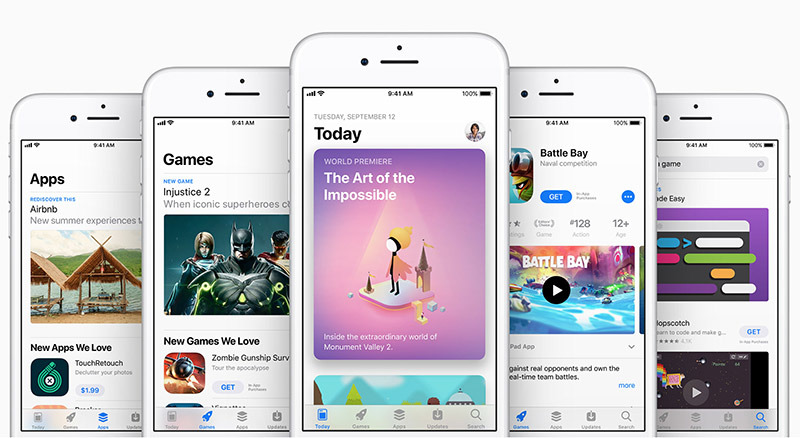






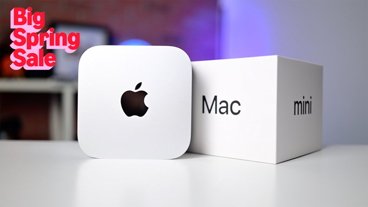
-m.jpg)





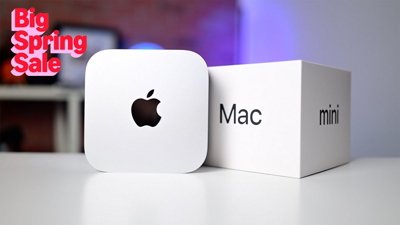
 Christine McKee
Christine McKee
 Wesley Hilliard
Wesley Hilliard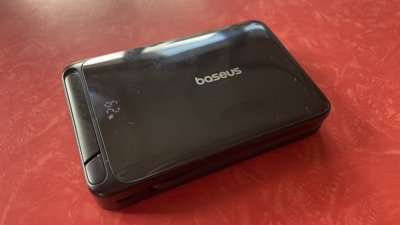
 Thomas Sibilly
Thomas Sibilly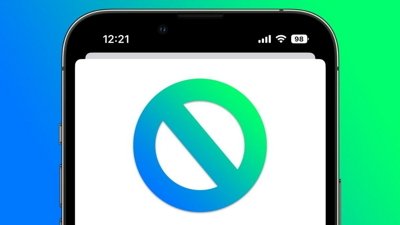
 Marko Zivkovic
Marko Zivkovic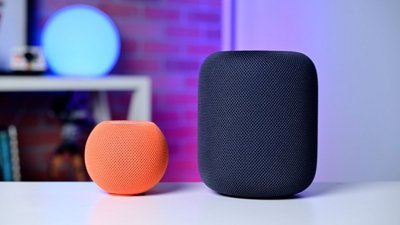
 Andrew O'Hara
Andrew O'Hara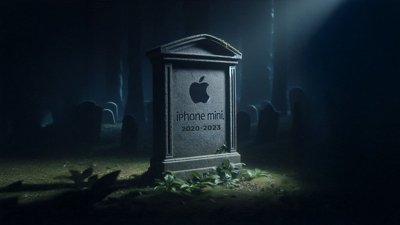
 Amber Neely
Amber Neely
 William Gallagher
William Gallagher
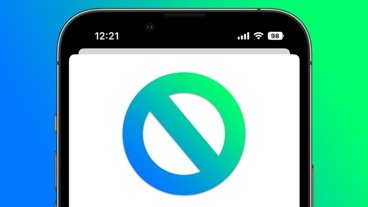
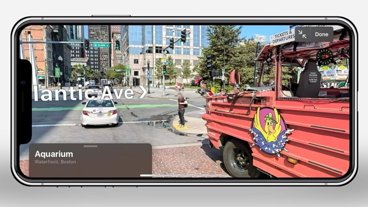






28 Comments
Thanks for the reminder on how to check subscriptions—I have no idea why Apple burries that information so deep—we should know what we are paying for!
Perhaps this will also address the many freemium games that allow purchases of up to £99 for some questionable in-game items.
I understand that development time needs to be paid for but it should always in relation to what is being offered.
Gimme a break. This sounds like the FaceBook excuse. How hard can it be to monitor the Apps in the App Store? Apple could bring down the hammer. Perminantly ban any app designers who break their rules. End of story. If there is no oversight, and zero repercussions...they will think they can get away with it...cause they can. And are! Apple got called out by the tech media...and now they are scrambling. Hopefully things will change now.
Don't want to sound like I know everything, but...
90% of the personal data out there that's been harvested has been harvested in the last two years... (it just shows how bad it's getting and it's accelerating exponentially.)
The first three companies to get to a billion users are Yahoo, Google and FaceBook. They all harvest and sell your data.
Most of the top 50 non-Apple apps in the App Store are harvesting and selling your data!
I would like Apple in the App Store to have a little red Chinese flag next to the App if it was created in China...b/c even the Chinese VPN Apps are stealing your data! :)
I have no Google, MS, Yahoo, Twitter, Amazon, or FaceBook products on my devices or in my home! :)
I am in the process of deleting all third party apps on my 2017 MacBook, iPad mini 2, SE, AppleWatch and AppleTV. Sorry DropBox, weather apps and PDF enhancer apps! The few apps I have, I start when I need them and close them when I'm done. Nothing runs in the background!)
Only Apple software...if the Notes App is not as powerful as Evernote...I'll wait and do with out. Same with Mail, iTunes, Pages, Podcast, News, Books, Numbers, Safari (DuckDuckGo), Calendar, Messages, Contacts, Photos, Maps, Preview, Keychain, etc., etc.
I would like Apple in the App Store to have a little red Chinese flag next to all the Apps created in China...b/c even the Chinese VPN Apps are stealing your data! Or better yet, in the filters have the option of no "Chinese Apps!" :)
P.S. KeyChain needs some serious love from Apple. I've had 1Password on all my devices. Good, but expensive and DashLane, good and less expensive. But still both were a bit clunky even tho they sort of synced. (For example, I'd, occassionally, be on a site and have to create a PW. I'd click on the PW create option for 1PW or DL and it'd say, "need some sort of character.) Didn't know what to do.
P.S.S. Going to go with AnchorShield (No affiliation) until Apple makes my internet activity completely anonymous.
Would love to read any thoughts on this.... :)